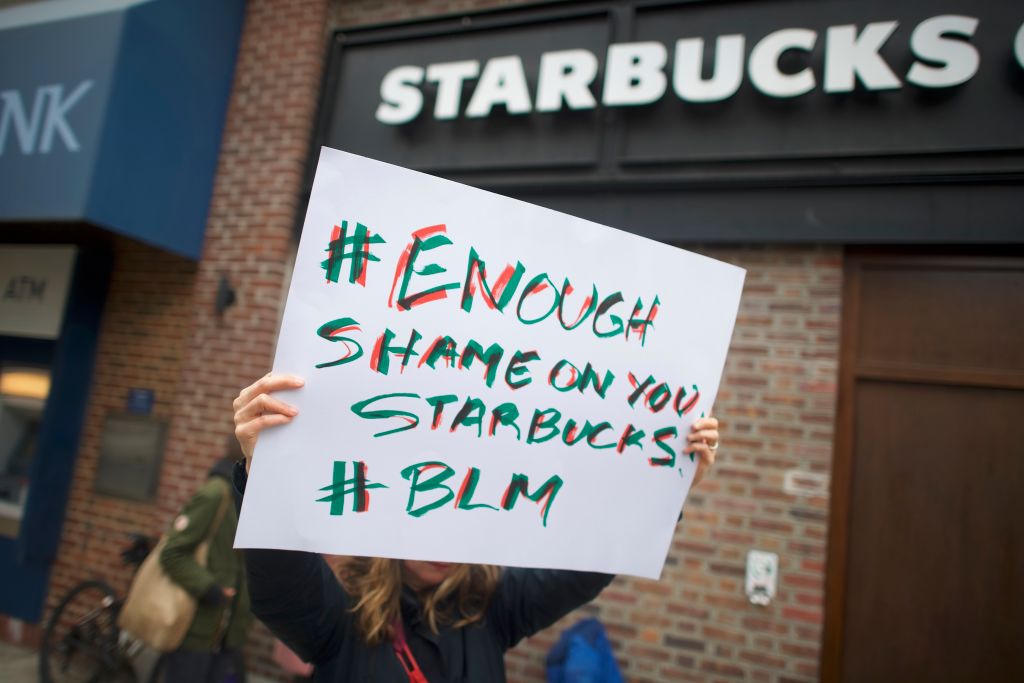Starbucks did it right, says Texas A&M University Mays Business School Professor Venky Shankar, who studies crisis management. To rebuild trust and restore shareholder value, firms should voluntarily admit fault, apologize and implement remedial actions quickly, says Shankar, who also is director of research for the Center for Retailing Studies.
There has been public outrage over how two African-Americans were treated and arrested recently at a Starbucks in Philadelphia. Such a discriminatory act is morally repugnant and has no place in a civilized society. It also marks the onset of a product-harm crisis for Starbucks.
How did Starbucks respond? Its CEO apologized swiftly, dismissed the errant employee, directly reached out for a face-to-face meeting and announced a one-day racial bias training for all employees at all its locations.
Shankar’s research on crisis management shows that to rebuild trust and restore shareholder value, firms should voluntarily admit fault, apologize and implement remedial actions quickly. Starbucks’s initial reaction to the crisis is consistent with this strategy. It contrasts with those of Facebook, Experian, Carnival cruises, BP and United Airlines, which all suffered losses in customer trust, brand equity and shareholder value because they followed the wrong crisis management strategy.
Facebook’s CEO was silent for a full five days (leading to a drop of $75 billion in its market capitalization) and United CEO initially defended the dragging of its passenger only to do a volte face when it boomeranged. Research also shows that social media exacerbates the negative effects of such harmful events, underscoring the need for a firm to adopt the right crisis management strategy. It remains to be seen how Starbucks will follow through with its initial reaction.
Learn more about Shankar at venkyshankar.com. Reach him at vshankar@mays.tamu.edu, or at venkyshankar on Skype, LinkedIn and Twitter.
###
Media contact: Kelli Reynolds, Communications Specialist, Mays Business School, (979) 845-3167, kreynolds@mays.tamu.edu






